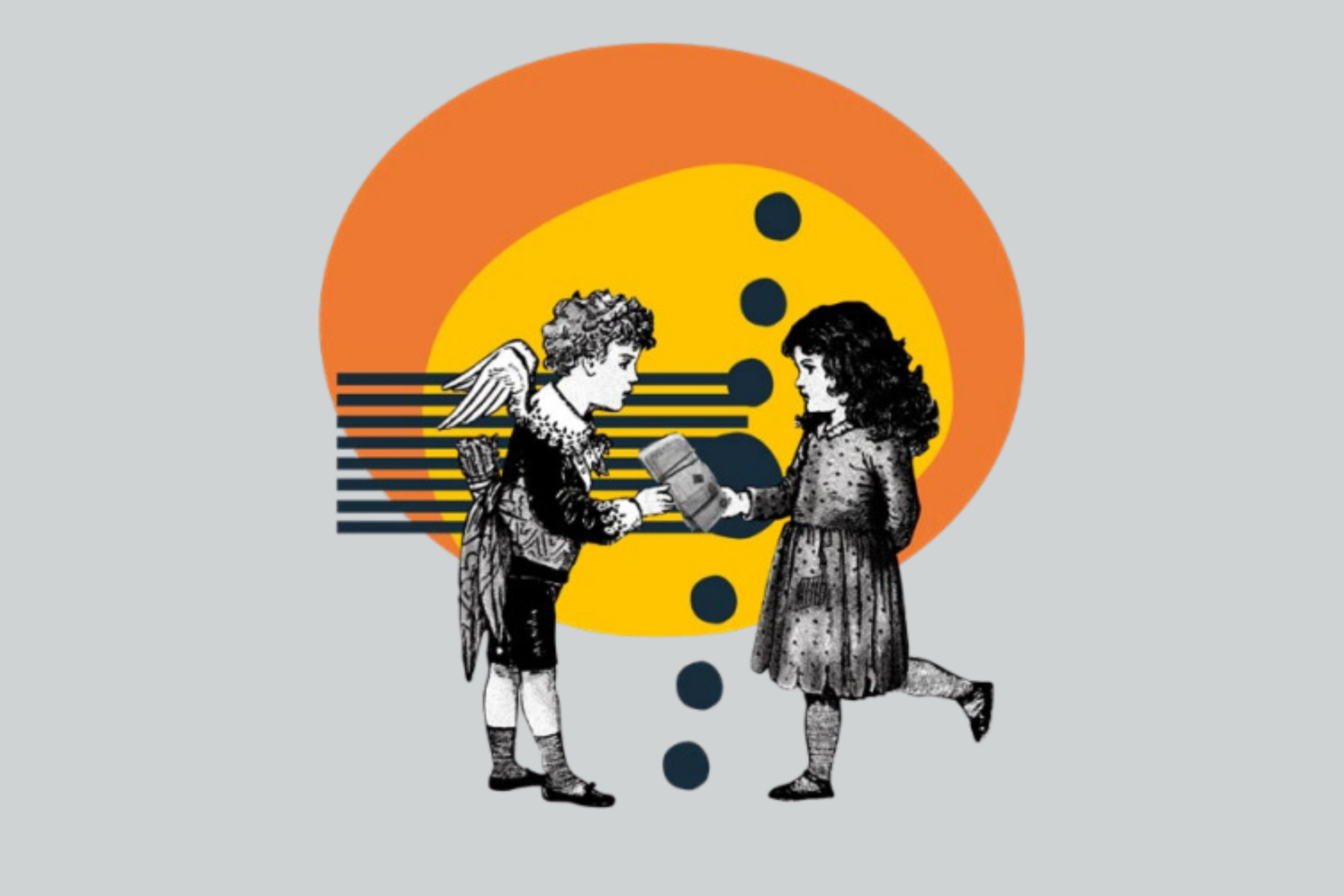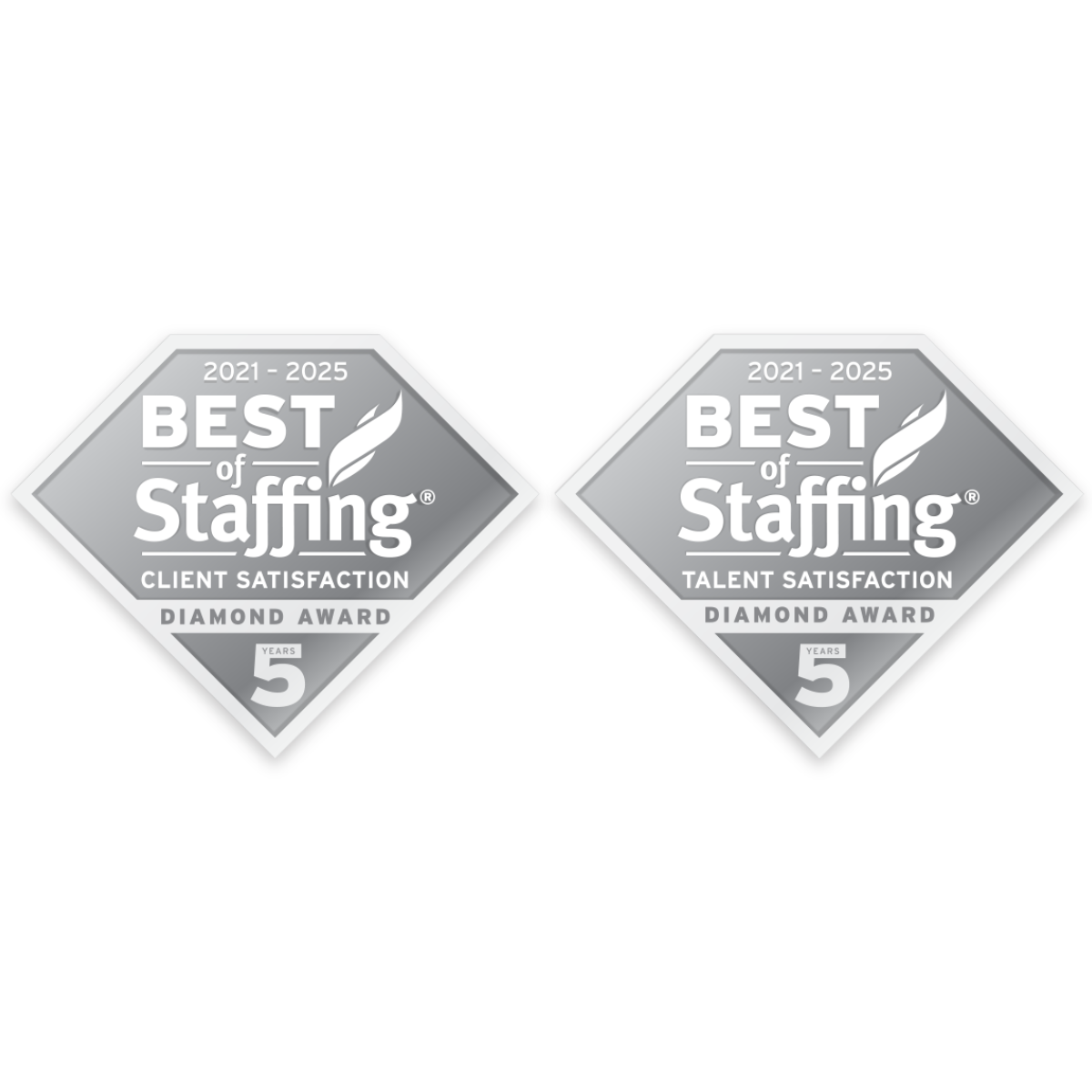Do you have any matchmakers in your life? We do — in fact, dozens of them! Their professional title is “recruiter”, but metaphorically speaking, we think of them as Cupid.
To us, each arrow in Cupid’s quiver represents an essential recruiter skill: analyzing resumes, interviewing, negotiation, patience, empathy, and listening. Cupid’s wings symbolize the express transport our candidates and clients ride on when working with our recruiters — an expedited job and talent search.
We sat down with our most tenured recruiter, Jennifer Marshall, to walk through some of the steps involved in her 20+ years of matchmaking success.
1. Understanding Wants and Needs
Recruiters work closely with employers to understand their requirements, including job descriptions, skills, experience levels, and any specific qualifications or certifications needed for the positions. But it goes deeper than that. When working regularly with an employer, recruiters gain a deep understanding of what makes a candidate the right “fit” for them. Recruiters use this expertise to home in on specific qualities that align with the employer’s needs and assess if they would mesh well with the existing team.
Sure, the candidate enjoys long walks on the beach… but if the conversation isn’t great along the way, the match is not a good one. After all, the number one reason employees leave their job is due to a lack of connection with the company culture.
Jenn says, “It’s a mix of experience and vibes, so the more you can get to know your client and candidate, the easier it is to get a sense of what will click. Resumes tell part of the story but personality, desires, goals — these things aren’t on there. Building strong relationships with both parties truly levels up the entire matchmaking process.”
2. Making the Match
Recruiters find candidates through various methods, including job boards, online platforms like LinkedIn, and internal databases. But the real diamonds are often in referrals. Jenn estimates that about 60% of her matches come from referrals within her network.
Like online dating apps, the algorithms can work…sometimes. But, odds are the date you land with your friend’s friend will go better than the one with the guy or gal on Tinder.
Jenn says the recruiter/candidate/client relationship is what sets recruiters apart from AI algorithms. “I’ve placed candidates on jobs they would have never originally considered!” She shared a story about how she recently called a candidate she has known for years with a role that was completely outside of her industry experience. The candidate went for it and got offered the job — an AI bot would never have led her there.
Opening yourself up to something that doesn’t have the surface-level traits you thought you wanted can be pretty eye-opening.
3. Setting Up the Date (Interview)
Recruiters play a crucial role in helping candidates prepare for interviews. They share essential details about the interview process and can offer tips and techniques to excel. The reassurance and support a recruiter provides can help candidates feel more comfortable and confident going in.
Jenn offers two pieces of interview advice to candidates and clients:
“It’s imperative that candidates research the company they’re interviewing with beforehand, and that knowledge should be displayed in the questions they ask. Candidates should express interest in what the company does, even if they’re not that interested.”
“Clients should remember that not every candidate gives good interviews. And, good interviewers aren’t always the best employees. Make sure to look beyond the surface.”
Full Disclosure
Recruiters get compensated when a candidate works a job through them. It’s how they make a living! So, if there is anyone on this Earth (other than you) who wants to find you the perfect match, it’s your recruiter.



